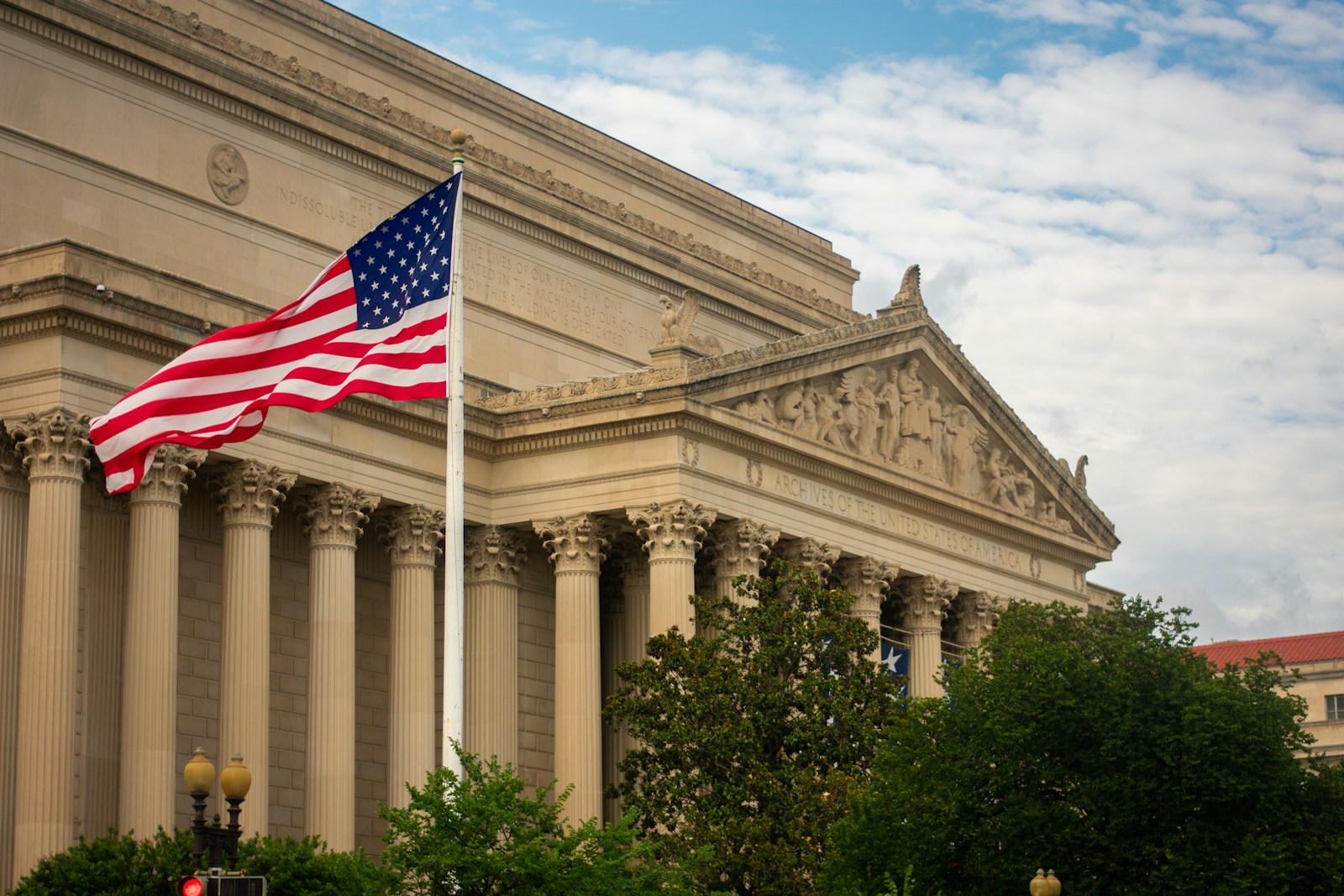Key Takeaways
- Former DOJ lawyer warns lobbyists led the merger review
- He claims MAGA-connected advisers influenced justice officials.
- The DOJ had first sued to block the tech merger.
- A sudden settlement allowed the deal with a few changes.
- A court must still review the agreement under a key antitrust law.
Introduction
In July, a top antitrust lawyer left the Justice Department. He had objected when political advisers joined a central tech merger review. Now he warns that those advisers effectively took control of the process. This claim raises serious questions about fairness in big deals. Moreover, it shows how politics can shape market rules. As a result, experts wonder if the merger will honestly face an impartial judge. In the end, the outcome could affect how future deals get approved. Therefore, it is vital to follow each step of this unfolding story.
Background on the Merger
In early 2023, Hewlett Packard Enterprise announced plans to buy Juniper Networks. Together, they would control more than seventy per cent of corporate wi fi networks. Companies and hospitals fear this could limit competition and increase prices. In January, the Justice Department sued to stop the merger. Regulators argued that combining these companies would hurt innovation. They also said consumers might pay higher fees for essential services. Since wi fi systems power hospitals, universities, and large businesses, this case drew close attention. Antitrust experts see it as a key test of current enforcement policy and market health.
The Unusual DOJ Settlement
Despite the initial lawsuit, the merger moved forward by June. Instead of a trial, DOJ officials settled with HPE and Juniper. Under the agreement, the companies made minimal changes to their deal structure. Critics called this outcome highly unusual for such a dominant tech merger. Typically, antitrust officials insist on serious remedies before allowing a merger of this size. In this case, however, a senior policy advisor intervened. He decided to override key objections from within the antitrust division. That decision surprised legal observers and consumer advocates alike. It also prompted questions about how much influence political connections hold over antitrust reviews.
Alford Accuses MAGA Lobbyists
Roger Alford had served as a deputy assistant attorney general in the antitrust division. He objected when lobbyists with ties to the former president began pushing the deal. After raising concerns, he faced accusations of insubordination and soon left the department. In a recent speech, he said senior officials let these lobbyists hijack justice. He warned that the rule of law suffered when political friends gained special access. He stressed that idealistic career staff still sought fair enforcement. However, he said others in the department showed favouritism to MAGA-aligned lobbyists. According to him, this trend undermines public trust in the antitrust process.
How Lobbyists Swayed the Outcome
Public records show HPE hired several top Trump allies as advisors. One adviser once helped coordinate judicial nominations for the former president. Another adviser maintains close ties with prominent MAGA figures. These lobbyists met with Justice Department staff at private events in Washington. At one such gathering, they discussed the merger over cocktails at a private club. Insiders say these informal talks influenced the decision to settle the case. Since the adviser in charge viewed these lobbyists as friends, they gained extra access. Companies noticed this pattern and began hiring influence peddlers with political ties. Alford says this creates a system where deals succeed based on who you know.
The Tunney Act Court Review
Even after the DOJ settlement, the merger still requires judicial approval. The Tunney Act requires a federal judge to review any antitrust settlement. The judge must decide if the agreement serves the public interest. Usually, courts approve these deals with minimal scrutiny. In this instance, however, the unusual process may trigger a deeper look. Third parties, such as competitors or consumer groups, can file objections. They might ask the court to reject or modify the settlement. Moreover, a judge sceptical of the compromise could call for more evidence. Therefore, the once simple review may turn into a complex legal battle.
What Comes Next
As the court prepares its review, both sides will make their case. If the judge finds the settlement unfair, the merger could end. In that scenario, HPE and Juniper may need to revisit negotiations. At the same time, Congress and advocacy groups may demand more explicit antitrust rules. Lawmakers could seek reforms to limit political interference in enforcement.
Furthermore, public pressure may rise on the Justice Department to ensure impartial reviews. In addition, industry leaders will watch closely to decide how they handle future deals. Ultimately, this dispute could reshape the balance between business interests and consumer protection.
Conclusion
This episode highlights the clash between politics and fair competition. When lobbyists gain too much influence, public trust erodes. A former DOJ lawyer sounded the alarm on this dangerous trend. Now, a federal judge must examine whether the merger truly serves consumers. The outcome will matter well beyond two tech firms. It could determine how future mergers receive antitrust approval. As this story unfolds, market watchers and everyday consumers alike stand to learn a great deal. It also raises questions about who should set competition rules. Stakeholders will likely debate the proper balance between political input and economic fairness.


